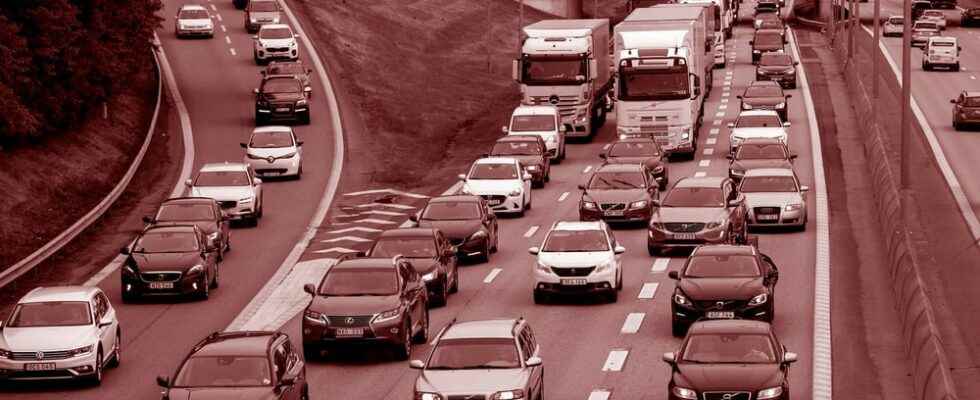Sweden’s climate policy is not connected. On the one hand, investigations are being set up that clearly show what the way forward for the transport sector must look like if we are to have a chance of achieving the climate goals. On the other hand, politicians are hammering through short-term decisions in the opposite direction.
Take The Climate Law Inquiry which was presented last week. It states that transport is one of the most important keys to success climate goals and that car traffic needs to be reduced. Despite this, the parties are competing for who can lower the price of petrol and diesel the most, which increases emissions, then taxation is one of the most effective ways to influence car use.
Two others necessary measures are rapid electrification and greatly increased use of biofuels. The first is, for example, about expanding charging stations and increasing the production of fossil-free electricity. The latter is handled with the so-called reduction obligation – ie the requirement to mix more biofuels in the tank for each year – which was recently suddenly put on pause.
Sweden’s climate policy must begin to be coherent
The reduced level of ambition goes directly against several expert authorities which earlier this spring pointed out a stricter and extended reduction obligation as the single most important decision for Sweden’s climate goals to be achieved. In addition, the jerky has received business to react because they need clear and stable rules of the game to create good conditions for investment.
In addition, Sweden is planning runs counter to the climate goals in order to increase car traffic, which the Climate Law Inquiry wants to change. At present, the Swedish Transport Administration works according to forecasts, which are almost always based on increased traffic, but according to the investigation, it should instead plan for a reduction. As part of this, it is proposed that it should be easier to take public transport, walk and cycle, which places demands on urban planning where the car is not seen as the main means of transport and on making uncomfortable decisions to reduce city traffic.
These include the introduction of congestion taxes, the designation of car-free zones and the replacement of car parks with cycle and pedestrian paths, according to a new study from Lund University, which has reviewed almost 800 scientific studies to investigate how best to reduce car traffic in cities.
Overall, then both the misguided political decisions and several investigations that Sweden can do significantly more to reduce emissions from the transport sector. As recently as 2020, six authorities – including the Swedish Transport Administration and the Swedish Transport Agency – wrote that “Sweden does not achieve the goal for the transport sector with the instruments available today” but that “it is possible to achieve the goal in several different ways”. The Climate Policy Council’s compilation from 2019 emphasized the same thing. And in last year’s report “In a world that is changing – Sweden without fossil fuels 2040”, just as in this year’s climate law inquiry, it was emphasized that we do not get away with the fact that car traffic must be reduced.
In that situation, it is not fair for politicians to sacrifice the climate on the altar of the election campaign, pose at petrol pumps and call for steps in the right direction. symbol policy which “makes life miserable for ordinary people”. Sweden’s climate policy must begin to be coherent.
Read more articles by DN’s editorial staff.
